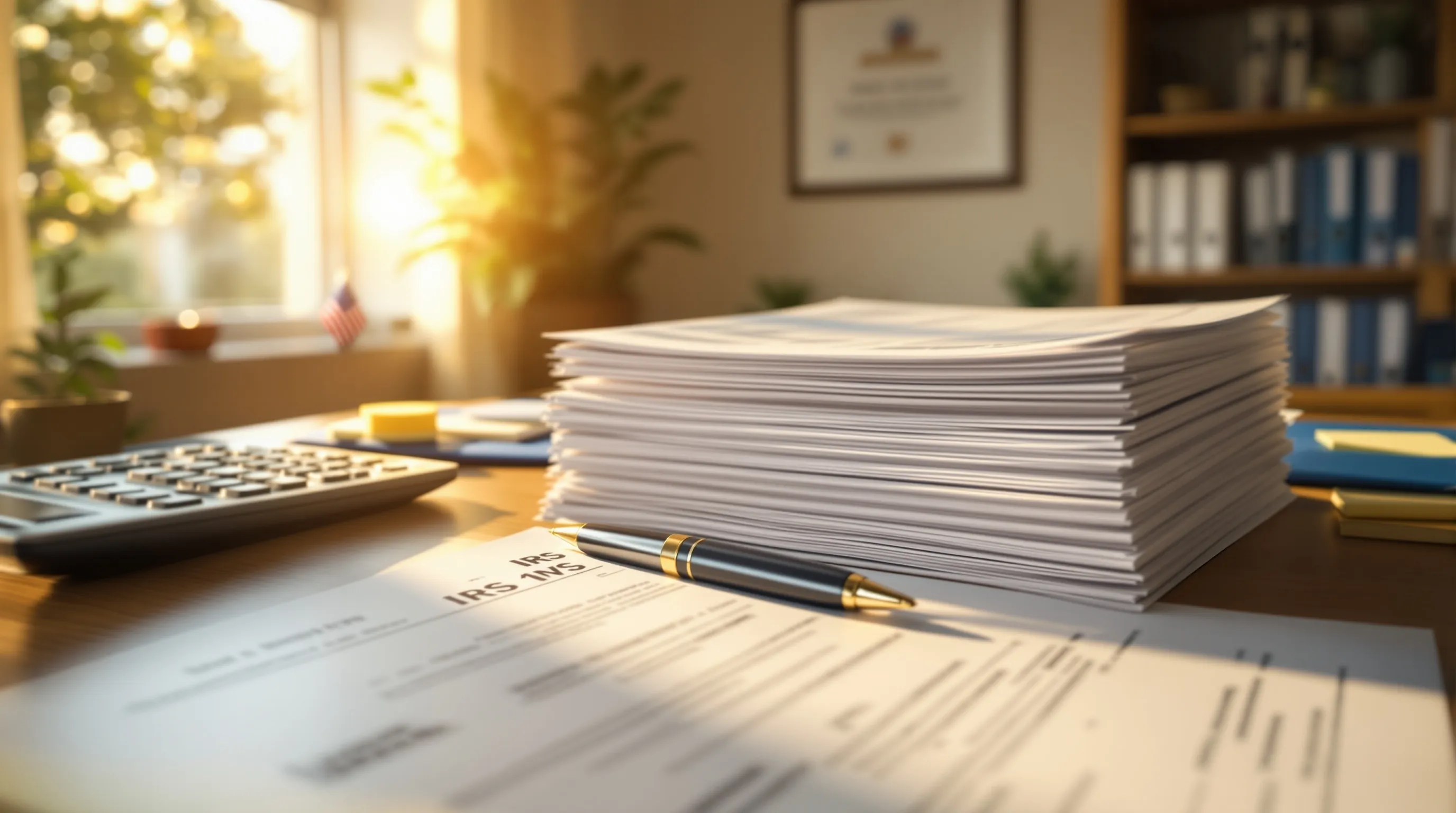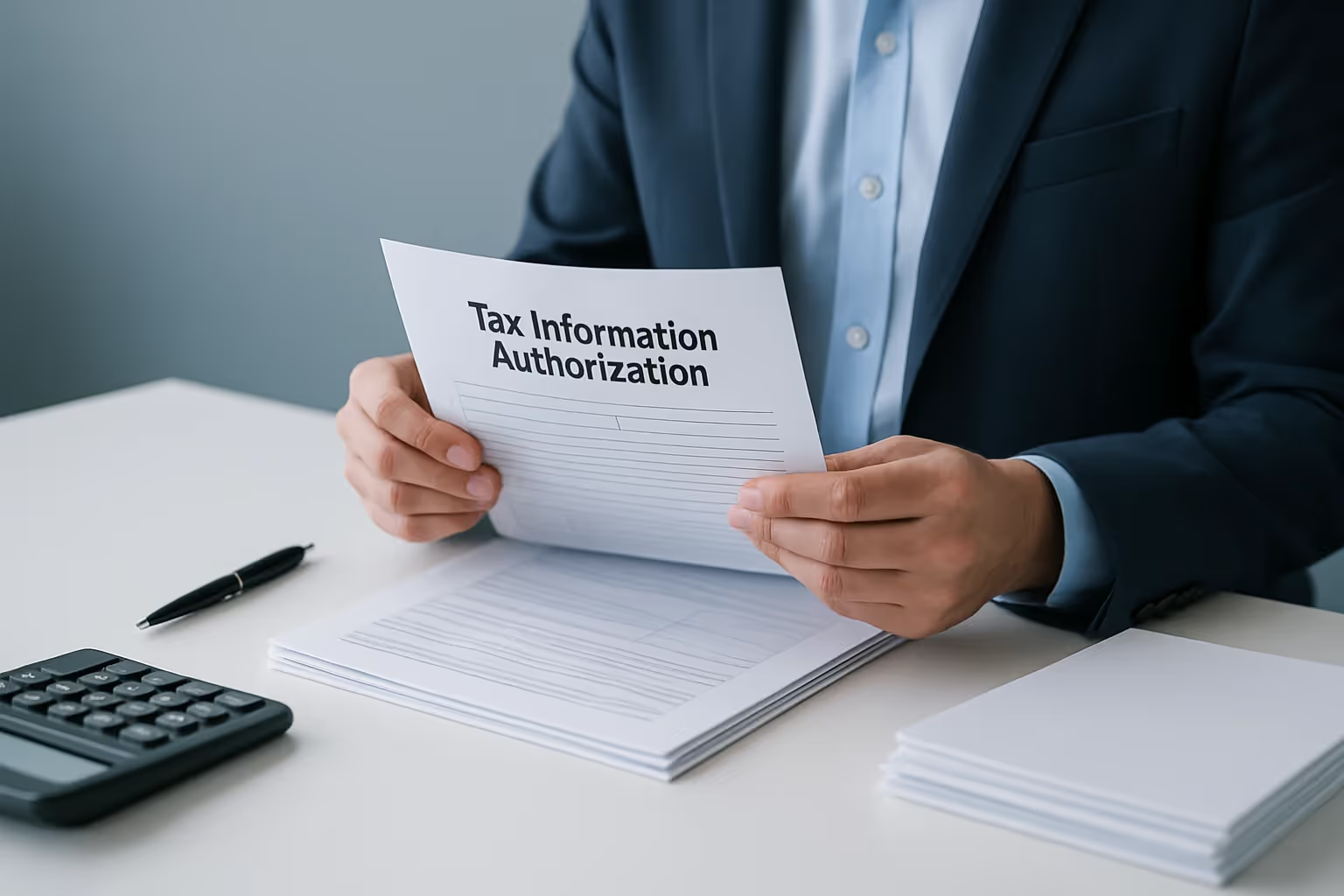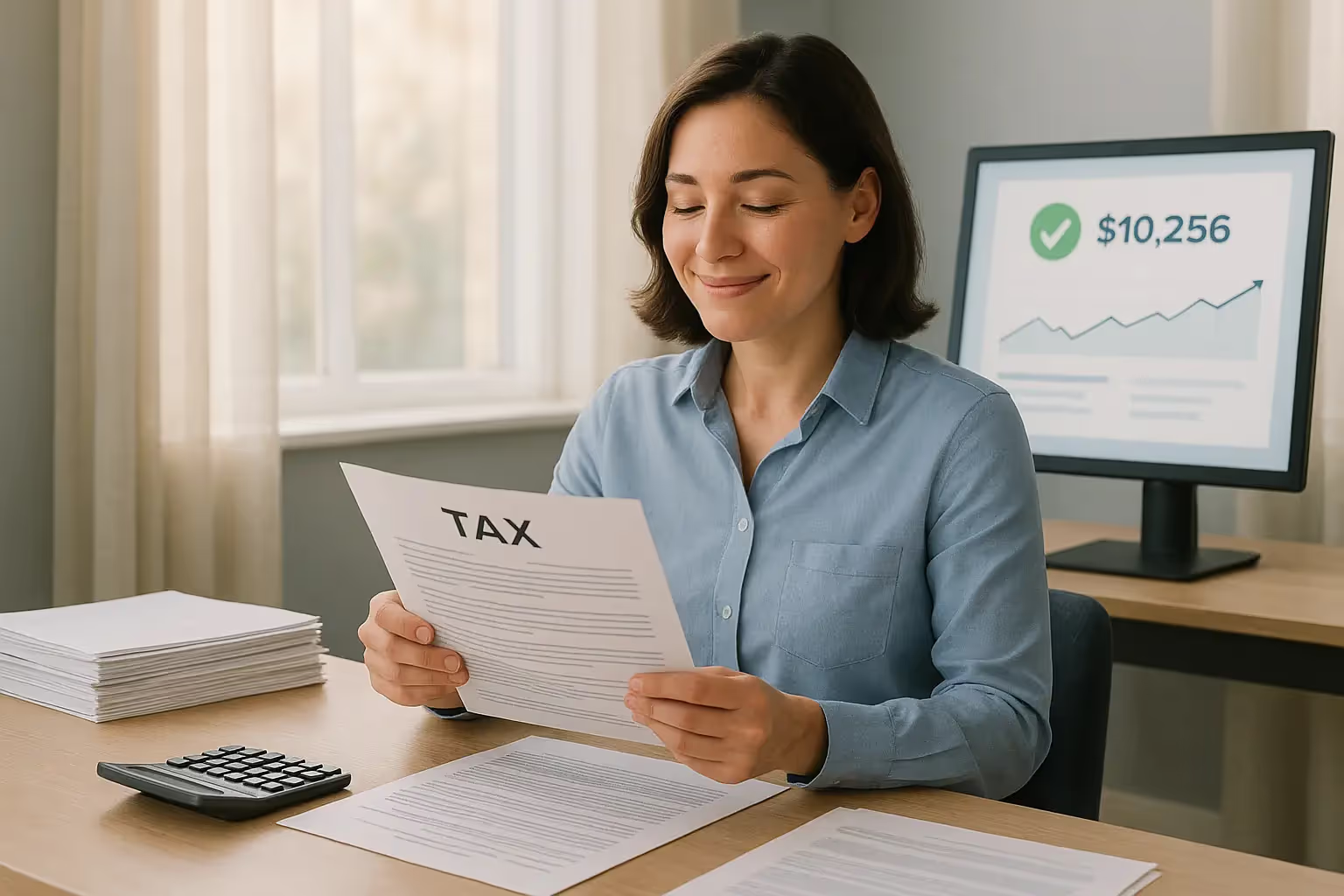IRS Forms Made Simple


.webp)
Muchos contribuyentes pierden los beneficios simplemente porque no saben que reúnen los requisitos. Otros reciben una carta de denegación debido a la falta de documentos o a formularios incompletos. Nuestros recursos lo guían a lo largo de todo el proceso, garantizando que comprenda lo que se requiere y cómo evitar demoras.







Los formularios del IRS que necesita dependen de sus ingresos, estado civil, situación familiar y si es empleado o trabaja por cuenta propia. La mayoría de los contribuyentes presentan Formulario 1040, mientras que los propietarios de negocios también pueden necesitar el Anexo C. Revisar las instrucciones del IRS, las declaraciones de años anteriores y la información financiera actual garantiza que complete los formularios de impuestos correctos y evite multas o demoras.
Sí, muchos contribuyentes presentan su declaración en línea mediante el sistema de presentación electrónica del IRS o un software de impuestos aprobado. El ícono de un candado cerrado en IRS.gov confirma que la presentación es segura. La presentación en línea proporciona reembolsos más rápidos, menos errores y una confirmación inmediata de la recepción. En comparación con el envío de formularios en papel por correo, la presentación electrónica es más rápida y confiable. Asegúrese siempre de utilizar el formulario correcto para el mismo año.
Presentar un formulario de impuestos incorrecto, presentar una declaración por separado por error o no cumplir con la fecha de vencimiento puede retrasar el procesamiento y generar multas. El uso de las instrucciones de años anteriores puede provocar errores. La presentación tardía sin pago a menudo genera intereses y multas. Si la fecha de vencimiento coincide con un feriado legal, se extiende automáticamente al siguiente día hábil.
Antes de presentar la solicitud, reúna su número de Seguro Social, número de identificación fiscal, salarios W-2, 1099, pensiones, dividendos y otros montos de ingresos. Reúna los gastos deducibles, las distribuciones de propiedades y las declaraciones de años anteriores para compararlos. Los detalles de la cuenta bancaria garantizan un procesamiento preciso de los pagos o reembolsos. Preparar toda la información financiera con antelación le ayuda a completar su declaración de impuestos con precisión y a evitar multas o correspondencia del IRS.
